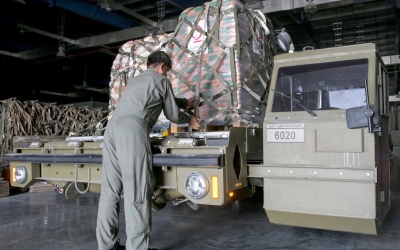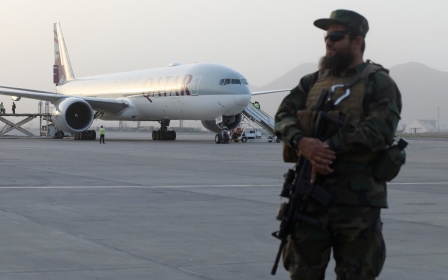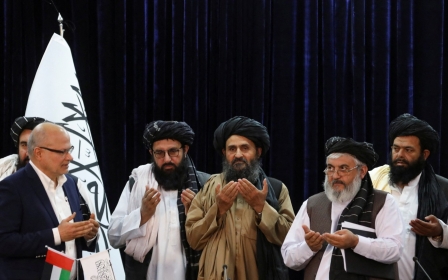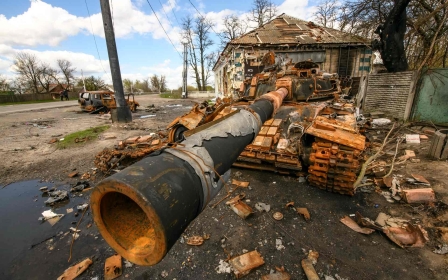US to provide nearly $55m in humanitarian aid for Afghanistan earthquake relief
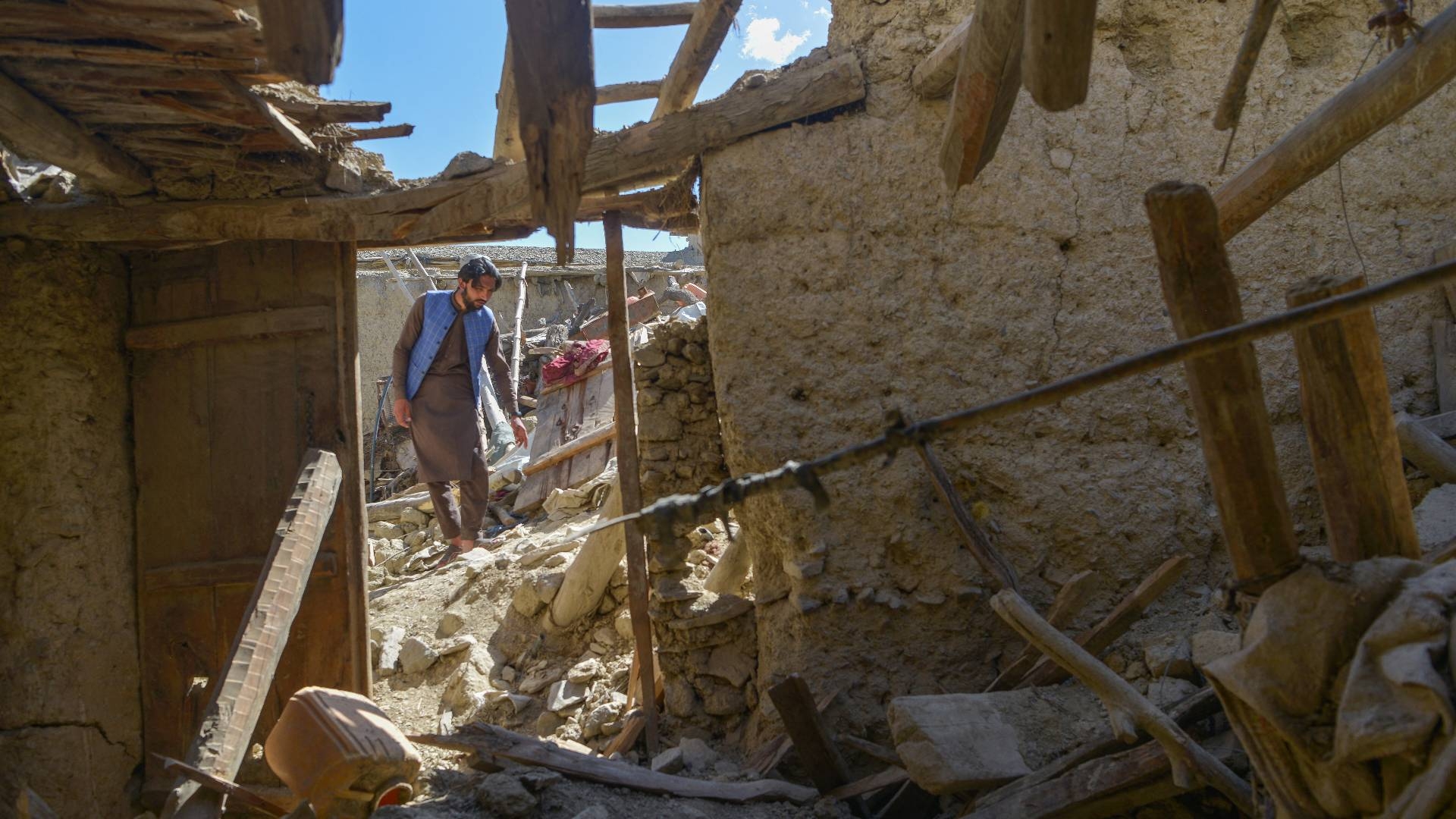
The United States announced on Tuesday that it would send $55m in immediate assistance to Afghanistan in response to a devastating earthquake last week that killed at least 1,100 people, left several thousand injured and destroyed 10,000 homes.
The assistance being sent by the US will comprise critical relief items including shelter, cooking pots, water storage containers, solar lamps, clothes and other household items.
"The United States will provide nearly $55m in additional immediate humanitarian assistance through the US Agency for International Development to urgently reach those most affected by the natural disaster," Secretary of State Antony Blinken said in a news release on Tuesday.
"Assistance will be provided for water, sanitation, and hygiene supplies to prevent waterborne disease outbreak in the aftermath of this natural disaster."
Blinken said that the $55m brings the total US assistance to Afghanistan to $774m over the past year.
New MEE newsletter: Jerusalem Dispatch
Sign up to get the latest insights and analysis on Israel-Palestine, alongside Turkey Unpacked and other MEE newsletters
The Biden administration had been deliberating its response to the natural disaster, and because it has no humanitarian or diplomatic presence in Afghanistan has provided aid through partner organisations.
The 5.9 magnitude earthquake hit the southeastern Paktika province of Afghanistan, close to the border of Pakistan, on 23 June. It was the largest quake to hit the country in 20 years.
As thousands of Afghans now face food and water shortages - as well as cholera outbreaks - in the aftermath of the quake, the country's Taliban leadership has now been faced with a difficult test of providing relief, as they have been shunned by much of the western world.
Several foreign governments had imposed sanctions on the Taliban, Afghan government bodies and banks, and cut off direct assistance, leading to a major humanitarian crisis even before the earthquake that made providing humanitarian relief difficult.
The European Union responded to the earthquake by announcing it would send $1m in aid to Afghanistan, which would go to address the "most immediate needs" of Afghans, such as medical assistance, water, sanitation and hygiene services, shelter, and protection services.
Several Middle East countries have also taken leading roles in the relief efforts, including the United Arab Emirates, Qatar, and Turkey, which the United Nations suggested should lead the search and rescue efforts.
Biden administration debating release of frozen funds
Afghanistan's current humanitarian crisis is partly due to the Biden administration freezing billions of dollars of the country's reserves after the fall of the US-backed government in Kabul last year.
In February, the White House announced in an executive order that Afghanistan's $7bn in foreign reserves would be split, with $3.5bn held for the ongoing legal claims of the families of the victims of the 9/11 attacks, while the other $3.5bn would be given back to Kabul.
Some of the victims' families, however, have said that confiscating money that belongs to the Afghan people is not an appropriate way of attaining justice.
The freezing of the funds coupled with international sanctions has caused Afghanistan to fall into a dire economic situation, with the UN warning that the country is "descending into the worst humanitarian crisis in the world".
The Washington Post reported on Tuesday that the administration was working with the Taliban on a mechanism to allow the use of the funds to avert a humanitarian crisis without giving the Afghan leaders full rein over the money.
Middle East Eye delivers independent and unrivalled coverage and analysis of the Middle East, North Africa and beyond. To learn more about republishing this content and the associated fees, please fill out this form. More about MEE can be found here.


